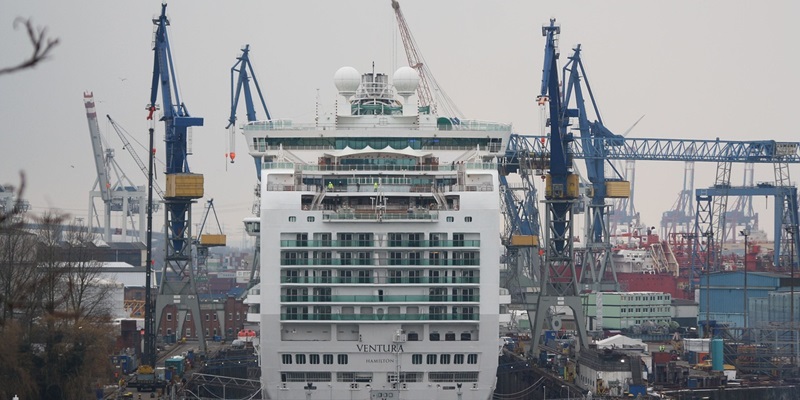Fincantieri’s presence at the fifth AI Week in Rimini was not just a formality but a testament to its commitment to pioneering AI in shipbuilding. The esteemed Abram Maldonado and Guido Scorza addressed the profound impact AI is slated to have on the industry, with a clear nod toward the automation of complex tasks and the bolstering of cybersecurity measures. These advancements are paving the way for smarter, safer, and more efficient shipbuilding practices that are set to redefine the maritime industry.
The company’s foray into generative AI has already yielded impressive results, with a threefold increase in online engagement traceable to their use of AI for content generation and reputational analytics. This sophisticated approach to enhancing their social media posture underscores the potential AI has for outreach and securing a formidable digital footprint.
Advancing Internal Communication with AI
Fincantieri anticipates a cutting-edge future with the implementation of advanced generative AI to enhance internal communications. The company intends to employ digital avatars and voice synthesizers to overcome language obstacles, fostering a more unified and inclusive workforce. Additionally, they plan to incorporate AI assistants to improve access to information, which is expected to optimize workflows and boost employee efficiency.
Lorenza Pigozzi’s remarks at a recent gathering reinforced Fincantieri’s commitment to integrating AI as a fundamental aspect of its digital evolution, signaling a strategic embrace of technology to position the firm at the forefront of industry innovation. This digital shift is part of a broader vision to leverage AI tools for creating a more dynamic, interconnected, and productive corporate culture.
Addressing Challenges and Celebrating Achievements
Although AI promises to streamline operations, concerns about legacy system integration, data privacy, and cybersecurity are formidable challenges that Fincantieri acknowledges. Integrating cutting-edge AI technologies with existing infrastructure is not only technically demanding but also requires a meticulous approach to preserve data integrity and secure sensitive information. The company remains vigilant, ensuring that the allure of AI does not compromise core principles of privacy and cybersecurity.
Moreover, as Fincantieri ventures deeper into this digital transformation, it confronts the ethical implications head-on. Issues such as inherent biases in AI systems and the potential displacement of jobs are significant hurdles that demand a thoughtful and balanced approach. However, Fincantieri’s commitment to responsible AI use is evident in its efforts to mitigate these challenges through conscientious design and deployment.
Enhancing Operations and Competitive Edge with AI
The strategic investment in AI transcends mere fascination with technology, it is about crafting a competitive edge and revolutionizing day-to-day operations. AI’s potential to enhance ship design, streamline maintenance procedures, and foster enriched customer and employee communication is driving Fincantieri’s vision.
Adopting AI is not just about staying current but about leading the charge in an era where digital transformation defines market leaders. The potential for operational optimization and the delivery of innovative shipping solutions is a clear indicator that Fincantieri is not only adapting to a new technological paradigm but is also shaping it. Despite the challenges, the potential rewards of AI integration in efficiency, innovation, and market presence are significant. Fincantieri’s commitment to this transformative journey promises to redefine its role in the global shipbuilding industry.

